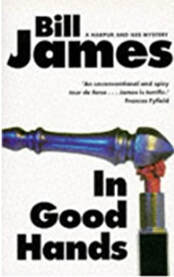
The similarities bring about an internal investigation, something that well-meaning but ineffectual Chief Mark Lane feels is a necessary self-policing step, loathe as he is to attack the ambitious and dangerous ACC Desmond Iles. As Iles fences with the lead investigator, Harpur is asked by Lane to commit to covert surveillance on his supervisor, something Harpur finds both distasteful and impossible. Once Iles spots his lumbering tail – and gives Harpur a couple clouts in an alley for good measure – he grows literary:
“You’ll remember that wonderful analysis by George Savile, Marquis of Halifax, in Character of a Trimmer, seventeenth century.”
“Will I, sir?” He felt a little dazed now but could not risk standing unsupported yet.
“Oh, certainly you will,” Iles said. “Goes like this, doesn’t it? ‘Without laws the world would become a wilderness, and men little less than beasts; but with all this, the best things may come to be the worst, if they are not in good hands.’”
The dynamic storylines and fully established worlds within the Harpur & Iles stories sometimes offer excellent starting points for new readers. I would recommend the excellent titles Halo Parade or Protection (1988) to those looking for an introduction where the series is both accessible and firing on all cylinders. Even the unique, emotionally charged Roses, Roses (1993), with its impressionistic chronicling of a woman’s last hours in life provides a suitable standalone reading experience.
In contrast, In Good Hands feels very much a tale delivered in medias series, and in my opinion James relies on the accumulated build of his characters and their personalities over the last ten books to lend emotional weight to their current circumstances. It is a book best arrived at in sequence, especially as a supporting character is stabbed and dies – needlessly and tangentially, as too often happens in life – in a middle chapter. Yet the victim’s agreeable personality and history are to be found in the earlier series books; taken as represented by this story alone, the loss scarcely registers. But having gotten to know the character through previous adventures, the veteran reader is shocked and moved by the sudden tragic event.
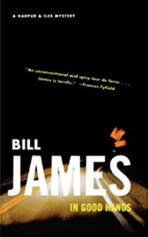
All the qualities that make Bill James’s stories so remarkable and singular are fully evident here: biting, literary dark humor; a keen psychological interest in the aspiring criminal classes and the sometimes flawed and dangerous law enforcement figures trying to keep them in check; and always the thematic question of what exactly separates the good guys from the bad guys when both are willing to ignore the law if the rules should limit the world they wish to create. It may be a novel better appreciated by those already familiar with the variegated world of Harpur and Iles, but all readers will still find themselves in the author’s highly capable, very good hands.
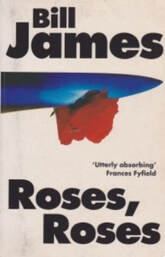
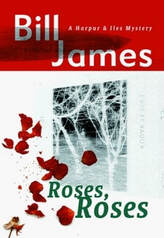
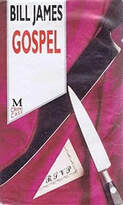
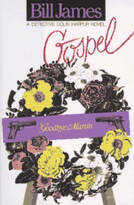
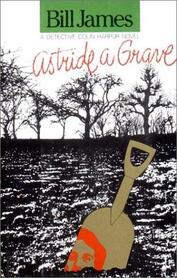

 RSS Feed
RSS Feed